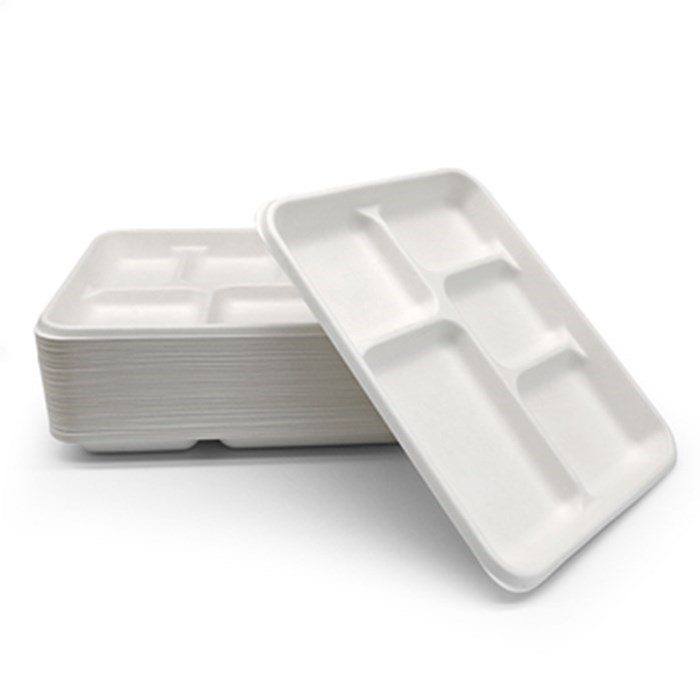On May 30th, Jingxing Paper stated on the interactive platform that the company’s Malaysia project had successfully launched for the first time on the afternoon of May 28th, successfully producing the first batch of waste pulp boards.
On May 14, 2020, Zhejiang Jingxing Paper Industry Co., Ltd. officially signed a contract with Voith Paper to provide two complete BlueLine waste pulp board production lines to its production base in Malaysia. The production capacity of these two pulp production lines using AOCC as raw materials will reach 2400 tons/day.
On January 24, 2019, Jingxing Paper Industry issued a notice regarding its investment project in Malaysia. In order to solve the problem of imported raw materials and break through the barrier of scale expansion, the company plans to establish raw material and raw paper production bases overseas. The management of the company proposed to invest in the construction of a production base of 800000 tons of waste pulp board and 600000 tons of packaging base paper in Selangor, on the east coast of West Malaysia, Malaysia.
The project is planned to be constructed in two phases, with a construction period of 4 years. The first phase involves an 800000 ton pulp board production line, with a construction period of 2 years. After being completed and put into operation for 1 year, the second phase of the 600000 ton raw paper production line will be launched, with a construction period of 2 years and a total construction period of 5 years.
Affected by adverse factors such as the sudden outbreak of the epidemic and the market, the first phase of the project encountered numerous difficulties and took four years to complete the production of the first pulp line.
According to the company’s earlier announcement, when the first phase of the project is completed, it will fully rely on the convenient transportation of Port Klang international shipping, take imported American waste as the main raw material, and remove impurities through crushing, desanding, screening and other processes to make pulp boards, which will be exported to China to meet the company’s own production needs. Due to the widening demand for high-quality waste paper raw materials in China after the ban on waste, some pulp boards can also be sold domestically.
Post time: Jul-11-2023

